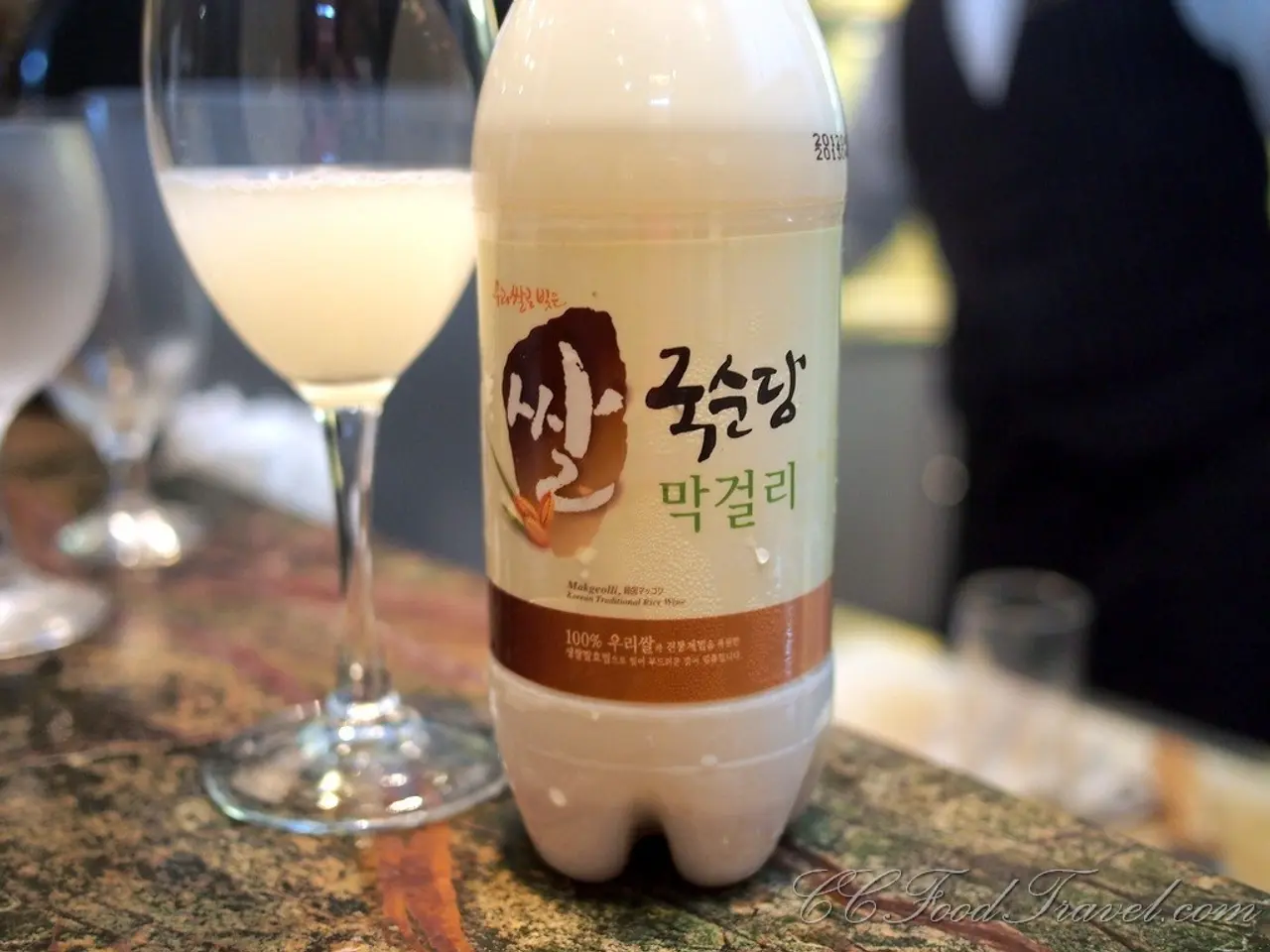U.S. Trade Dilemma: Will Thailand Manage to Avoid Trump's Tariffs Beyond the 90-Day Period?
Revamped Analysis: The Potential Impact of Trump's Tariffs on Thailand's Economy
Let's take a closer look at how Donald Trump's tariffs could shake things up in Thailand, particularly due to its heavy dependence on trade, especially with the United States.
Thailand's economic growth has been fueled by trade since the 1970s, with labor-intensive manufacturing exports playing a significant role. Over the years, liberal trade policies and lower costs for transportation and communication have deepened Thailand's involvement in global value chains, making it a significant player in industries like automobiles and electronics. As Thailand's top export market, the US accounts for approximately 17% of total exports. Even during the Covid-19 pandemic, exports to the US managed to stay strong, reflecting the strong economic links between the two countries.
However, as Sino-US trade tensions rise, many of the goods exported from Thailand to the US have been shifted from China over the past few years. This shift includes electronics appliances, air conditioners, hard disk drives, photosensitive semiconductors, and image sensors—products that are crucial for Thailand and heavily dependent on the US market.
Here's what this could mean for Thailand:
Job Losses and Employment Instability:Reduced exports could lead to job losses in export-reliant sectors, such as manufacturing, which might result in layoffs, causing a ripple effect throughout the economy. While specific employment figures aren't readily available, analysts warn of potential long-term consequences stemming from decreased exports and manufacturing activity.
Exports and GDP:Thailand may experience two consecutive quarters of negative GDP growth, due to a projected 1.1-percentage-point reduction in annual growth resulting from increased tariffs. Key sectors, such as electronics and automotives, could face a significant impact, with products like photosensitive semiconductors, hard disk drives, air conditioners, and new pneumatic tires (HS401110) at immediate risk. A strengthening baht (Thailand's currency) could further erode export competitiveness, exacerbating the issue.
Industry-Specific Disruptions:- Electronics manufacturing: The tariffs could threaten production and potentially lead to supply chain reorganizations, as many products previously shifted from China to Thailand during Sino-US trade tensions are now directly affected.- Automotive sector: A decline in exports to the US could weaken Thailand's status as a regional auto hub, impacting both domestic production and ancillary industries.
Negotiation Uncertainty:Ongoing negotiations between Thailand and the US, led by Deputy PM Pichai Chunhavajira, aim to minimize tariffs. Analysts predict a final tariff rate of 15%, which could still have a negative impact on growth. Failure to secure concessions could increase export contractions and exacerbate tourism declines, further straining the economy.
To sum it up, Trump's tariffs could jeopardize Thailand's export-oriented growth model, posing risks to employment stability, key industries, and overall economic resilience. It's essential for Thailand to address these challenges to maintain its competitive edge in the region.
- The economic integration between Thailand and the United States, particularly in industries like electronics and automobiles, has been heavily reliant on exports, with the US accounting for approximately 17% of total exports.
- The potential impact of Donald Trump's tariffs on Thailand could lead to job losses and employment instability in export-reliant sectors, such as manufacturing, due to reduced exports, potentially causing a ripple effect throughout the economy.
- In 2022, Thailand may experience two consecutive quarters of negative GDP growth due to increased tariffs, with key sectors like electronics and automotives facing a significant impact, particularly on products such as photosensitive semiconductors, hard disk drives, air conditioners, and new pneumatic tires (HS401110).
- Despite ongoing negotiations between Thailand and the US, aimed at minimizing tariffs, analysts predict a final tariff rate of 15%, which could still have a negative impact on growth, causing further contractions in exports and exacerbating existing tourism declines.
- To maintain its competitive edge in the region, it's crucial for Thailand to address the challenges posed by the tariffs and adapt its economy, potentially diversifying exports to other countries, such as in the realm of Thai semiconductor exports.





